
Habesha Cement S.C is confronted with an uncertain future after incurring losses of 2.4 billion Br over two consecutive years, despite attempts to address its management turmoil and substantial demand for cement in the market. Habesha's management and shareholders are in a bind, unable to agree on the way forward.
Established in 2008 with a capital of 150 million Br raised from 16,500 shareholders, Habesha was one of the pioneer private sector initiatives in industrial-scale investment, mobilising resources from the public. Its downward spiral is in stark contrast to the supply shortfall seen in the cement market, which is yet to welcome three new plants under development. The 13 cement plants in operation produce around 8.5 million tonnes a year, representing a shortfall of 2.5 million tonnes in aggregate demand.
Despite a massive appetite for cement in the market, Habesha Cement S.C. continued to suffer devastating losses over the past couple of years. In 2019, the company saw losses of 938.8 million Br, compounded by a further 1.47 billion Br loss the following year.
The loans the company took in foreign currency and its depreciated value in Birr over the past years have caused much of the vexation for the management and shareholders.
Four years into the company's incorporation, the Pretoria Portland Cement Company (PPC) and the South African state-led Industrial Development Corporation (IDC) invested 12 million dollars and nine million dollars, acquiring 38pc and 22pc stakes in Habesha Cement. They brought in new management in February last year in a bid to salvage the company. As part of the shake-up, Ghassan Broummana, a German national with 30 years of experience in the cement industry, took over the helm from his predecessor.
"When I joined, Habesha was in very bad shape," the CEO, who had formerly served in senior executive positions in Germany, India and Sudan, told Fortune.
Broummana admitted he embarked on a nearly impossible mission.
The factory had not serviced its debts from the Development Bank of Ethiopia (DBE) and the Eastern & Southern African Trade & Development Bank (TDB). The latter had extended 80 million dollars while the DBE had provided an equivalent of 40 million dollars. Of the total, only seven million dollars (six percent) was repaid last year. The company had to negotiate loan restructuring on three occasions.
"We're supposed to show some level of commitment for our lenders to request another restructuring, which we have already begun," said the CEO.
Attempts to check the status of the loans restructuring with the two financial institutions were to no avail.
The new management sought to convert loans taken out in dollars to Birr in the hope that most of the swelled losses were caused by the depreciation of the Birr against the Dollar. The loans, which amounted to 2.7 billion Br at the time of borrowing, are now valued at 5.6 billion Br.
Still, experts caution that banks will be resistant to the notion of converting the loans.
"Nobody would be willing to convert foreign currency dominated loans into Birr, especially in times of fast depreciation," says Abdulmenan Mohammed, a financial analyst based in London.
In a business with thin margins and a volatile market, loan financing is not optimal, says the expert, cautioning those in the cement business to stick to raising equity from shareholders.
Mesfin Abi, former Habesha CEO who was also a board chairperson until resigning three months ago, is adamant the company's problems could have been alleviated early on if one of the major shareholders had injected the 10 million dollars it had pledged. According to him, the equity would have paid for crucial maintenance to boost productions and sales and helped service part of the loan payments.
However, the company's debts are only half of the problem.
The cost of production has outstripped sales revenues. In 2019, production costs sat at 993.2 million Br while sales clocked in at 729.5 million Br. Although sales grew to 1.04 billion Br the following year, production costs hit 1.21 billion Br. The management attributes this to the plant's low production output, operating at a maximum of 30pc of its total capacity. Habesha Cement has a daily capacity of 3,300tns, a volume unattainable due to the wearing out of machinery and equipment.
Hiring a consultant to examine technical issues was one of the items prioritised on the to-do list of the new management under Broummana. The Switzerland-based Semcon was contracted to conduct the study; its findings led to a renovation project, which has upped production to 70pc of capacity. The management hope this would help pull the company out of the rut.
Habesha has also cut production costs and reduced the number of ex-pats working for it while entirely substituting its main input, coal, to save forex. The company has also settled three million dollars in accounts payable to the Ethiopian Shipping & Logistics Services Enterprise (ESLSE).
Nonetheless, another worry for the new management was the unpaid taxes, including interest and penalties, reaching 600 million Br in 2020. The first instalment of payments has been made, and the balance will be covered in two years, according to Broummana.
The company will have paid 40pc of its debts by 2023, if successful. However, Habesha Cement would have to generate billions more in sales and reduce production costs significantly to service all its debts.
For former CEO Mesfin, this is an all but impossible prospect. He believes the company should be liquidated and dividends distributed among shareholders, claiming some shareholders are interested in selling their stake in the company. However, liquidation would not suffice to pull the company out of the financial quagmire it finds itself in, according to Abdulmenan. The revenues from dissolution would not be enough to cover debt repayments, tax obligations to the state and dividends.
Broummana says talking about liquidation is "a bad idea," arguing that shareholders should wait two or three years to sell off their shares.
"The shares will be worth more by then," said the CEO.
Some of the shareholders concur with his proposition. Daniel Belay, a shareholder who invested half a million Birr into Habesha, seems keen to follow Broummana's advice.
"It would only be fair to try and give the new management a chance," Daniel told Fortune.
PUBLISHED ON
Oct 02,2021 [ VOL
22 , NO
1118]

News Analysis | Jul 03,2021

Radar | Dec 28,2019
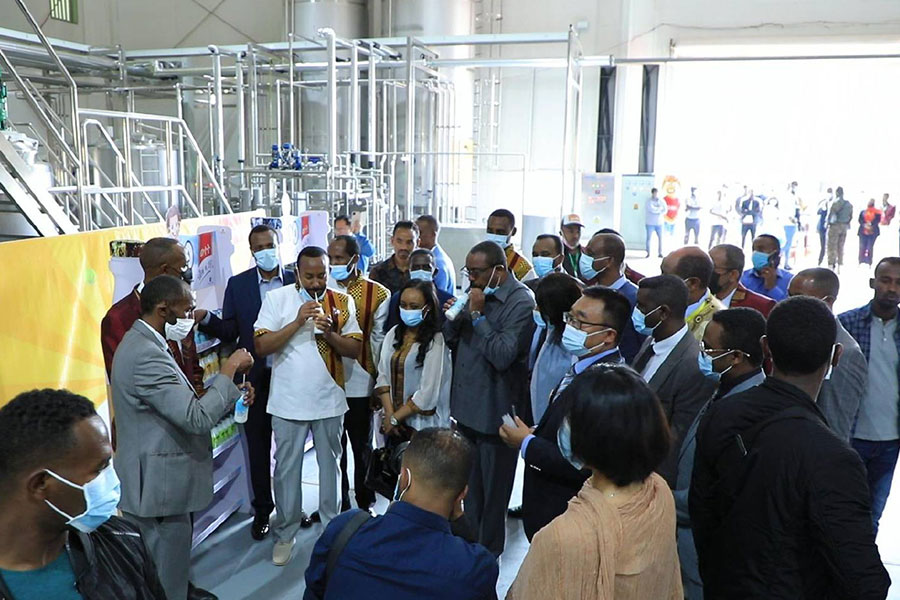
Featured | Sep 04,2021
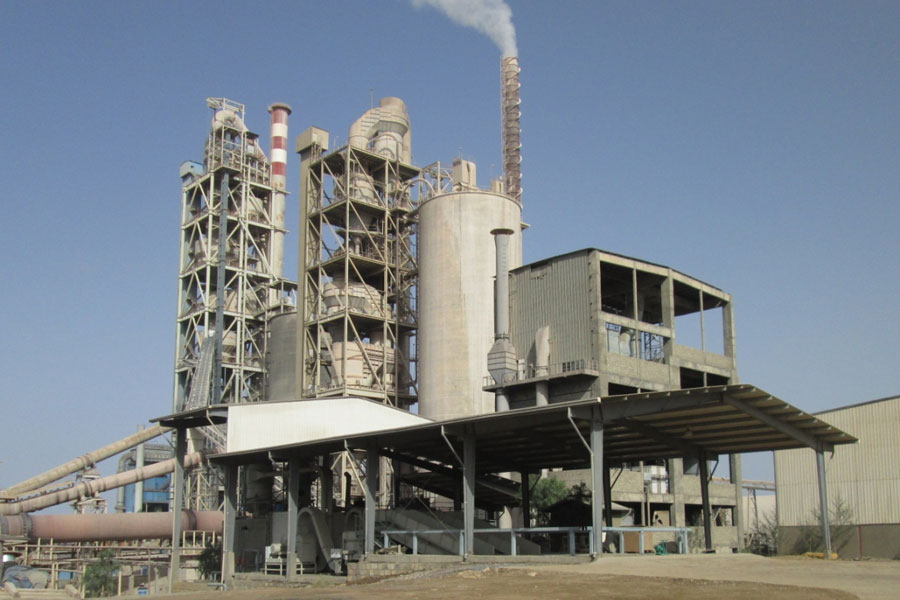
Fortune News | Jun 12,2021

Commentaries | Dec 11,2020

Delicate Number | Feb 05,2022
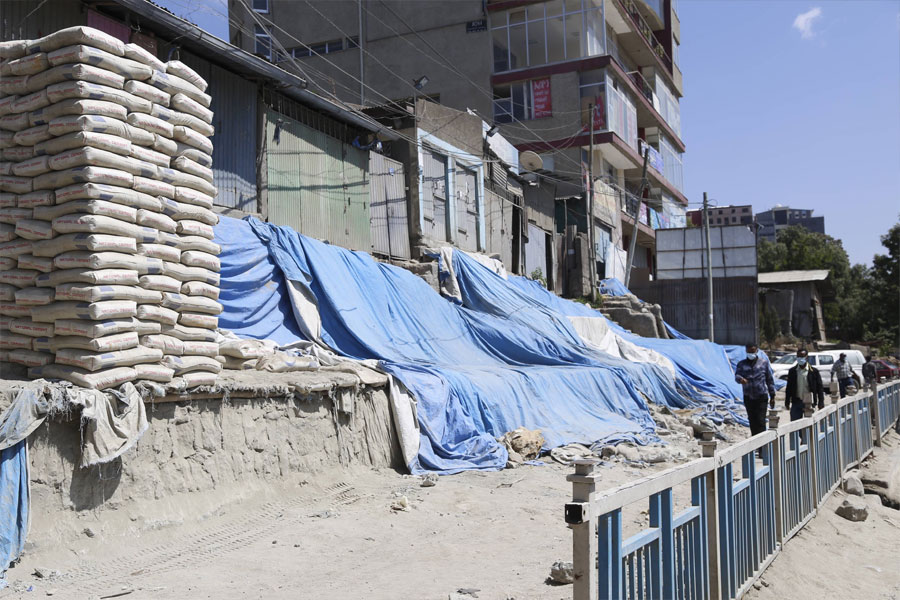
Fortune News | Jul 24,2021
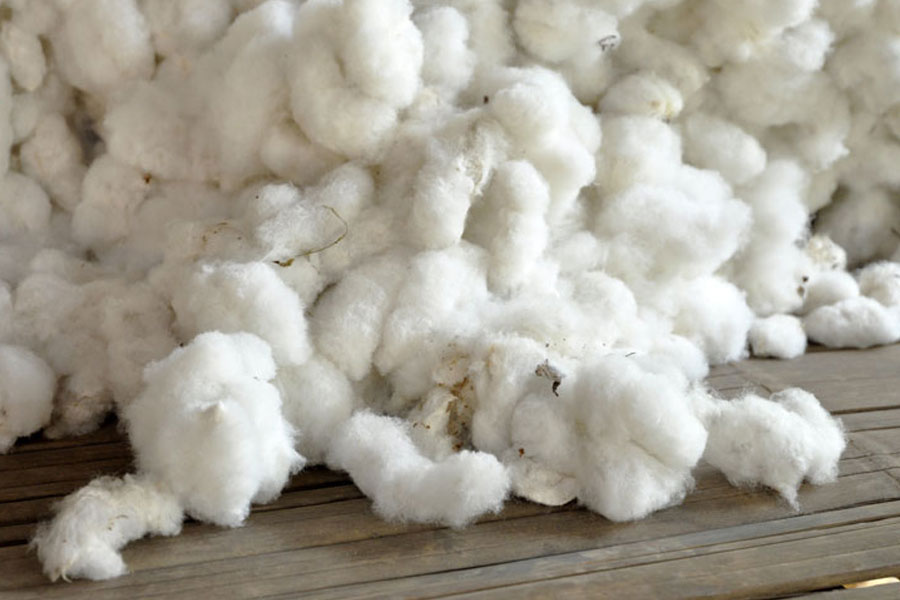
Fortune News | Feb 19,2022
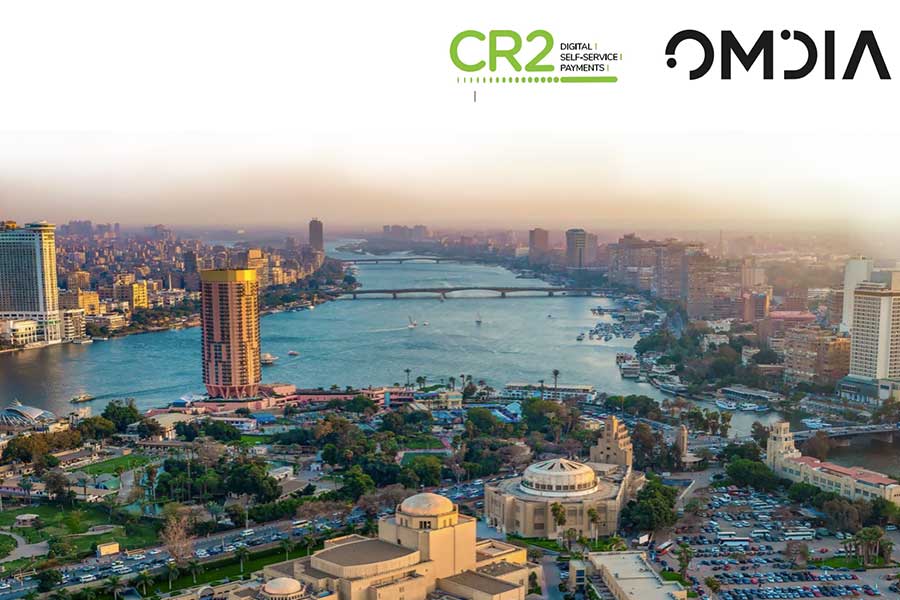
Sponsored Contents | Aug 16,2021
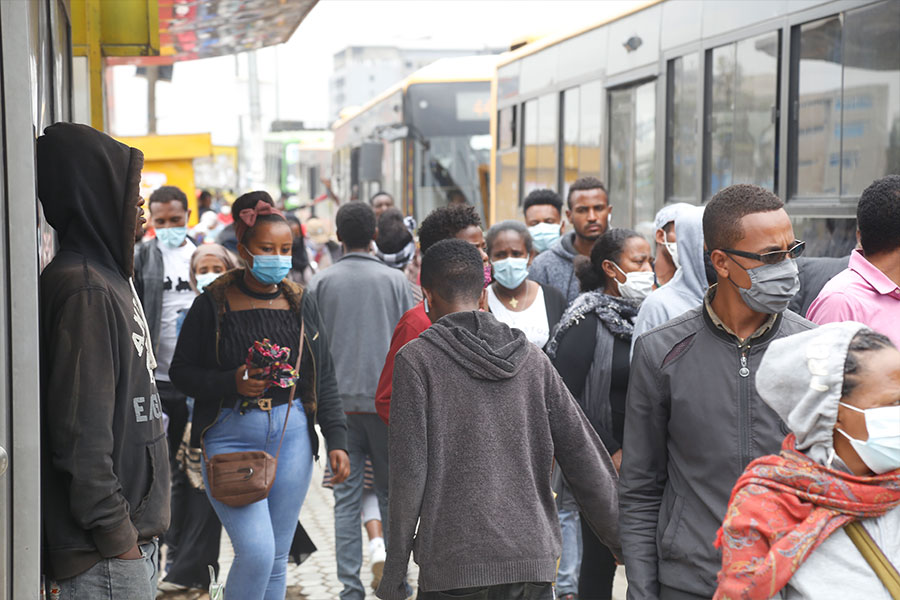
News Analysis | Aug 07,2021

Dec 22 , 2024 . By TIZITA SHEWAFERAW
Charged with transforming colossal state-owned enterprises into modern and competitiv...

Aug 18 , 2024 . By AKSAH ITALO
Although predictable Yonas Zerihun's job in the ride-hailing service is not immune to...

Jul 28 , 2024 . By TIZITA SHEWAFERAW
Unhabitual, perhaps too many, Samuel Gebreyohannes, 38, used to occasionally enjoy a couple of beers at breakfast. However, he recently swit...

Jul 13 , 2024 . By AKSAH ITALO
Investors who rely on tractors, trucks, and field vehicles for commuting, transporting commodities, and f...

Jul 12 , 2025
Political leaders and their policy advisors often promise great leaps forward, yet th...

Jul 5 , 2025
Six years ago, Ethiopia was the darling of international liberal commentators. A year...

Jun 28 , 2025
Meseret Damtie, the assertive auditor general, has never been shy about naming names...

Jun 21 , 2025
A well-worn adage says, “Budget is not destiny, but it is direction.” Examining t...